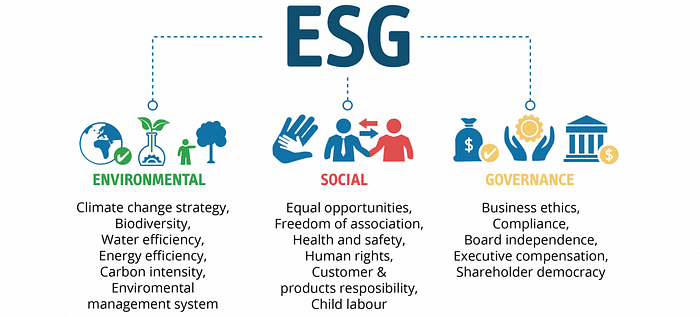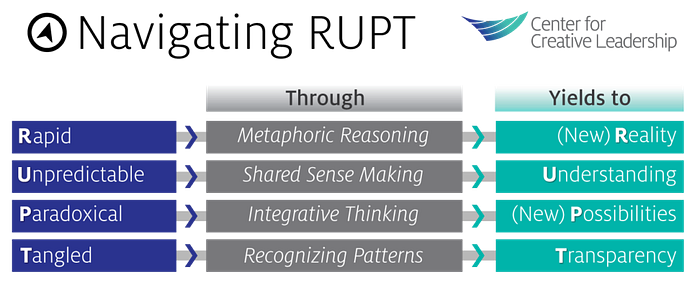VUCA, defined in the early 1990’s as “volatile, uncertain, complex and ambiguous” is a military strategy the US Army War College responded with to further the USA’s attempts in collapsing the USSR.
In 2016, Tom Kenward writes on his LinkedIn Page in an essay entitled, “Rebirth (or death) of the Business School?”
“Business schools should shift from knowledge to experimentation, allowing VUCA [volatility, uncertainty, complexity and ambiguity] to be experienced during the curriculum. Pilots, field experiences, non-linear models of analysis, complex adaptive systems and decision making should be the new tenets on which to build the foundations of the degree, to meet society’s evolution and expectations, in a non-linear manner.”
Perhaps Mr. Kenward was projecting the current diagnosis of the volatility of markets and inconsistency to social safety nets experienced in what is now referred to as BANI : “brittle, anxious, non-linear and incomprehensible”

With corporations using military strategies now, systems will break without warning which leads to anxious and incomprehensible answers in the midst of all this volatile behavior.
Lovechild of Neoliberalism and the Capitalist/Slave Wage system, which has defined our markets for far too long, Milton Friedman is quoted as saying “The business of business is business.” What does that even mean? It doesn’t matter. In today’s 21st century (and beyond), stakeholders are looking for a market defined by principles and values, especially in this ESG world. (Environmental Social Governance).

Financial companies, such as banks or asset managers have seen themselves forced to react. For that matter, every company with a footprint will be impacted by government compliance and scrutiny measures which up until this point had never existed before. For the gig worker, especially in the tech sector, this means they may be able to demand accessible measures, for instance working remote.
When corporations onboard new hires, the training invested into new hires in the face of the fragile (BANI, after all) eco-system is a message to the stakeholders: collaboration and adopting well-distributed structures will strengthen our position in an ever-increasing volatile world made brittle by its own volatility (VUCA, after all).
Just as VUCA is the military strategy used to undermine, signaling compliance is just as effective in maintaining a dominating position in the market. But domination can only raise the stakes higher, causing disruptions in market flow.
What is the answer in this volatile, anxious, brittle, disruptive market? In a “fight fire with fire” technique which in war time is to use the same weapons or tactics that an aggressor is using against you, RUPT, a “rapid, unpredictable, paradoxical, and tangled” method will force an organization too reliant on programming, or old methods to re-invent itself. You might see this reinvention in the form of rapid name-changing, or re-branding, in a short span of time.
The mechanisms to attempt the yields in RUPT are not necessarily immoral but if used to exploit individuals or undermine required systems they have the potential to be used for harmful intent.

The outcome of these models is the tension that comes with changing identities internally and externally. Yet, with that tension comes advancements in the market and a new prioritization in research and ideas.
Companies that have managed to maintain their traditions while avoiding the landmines in these wartime acronyms have been able to innovate and structurally survive.
Support Book of Ours:
